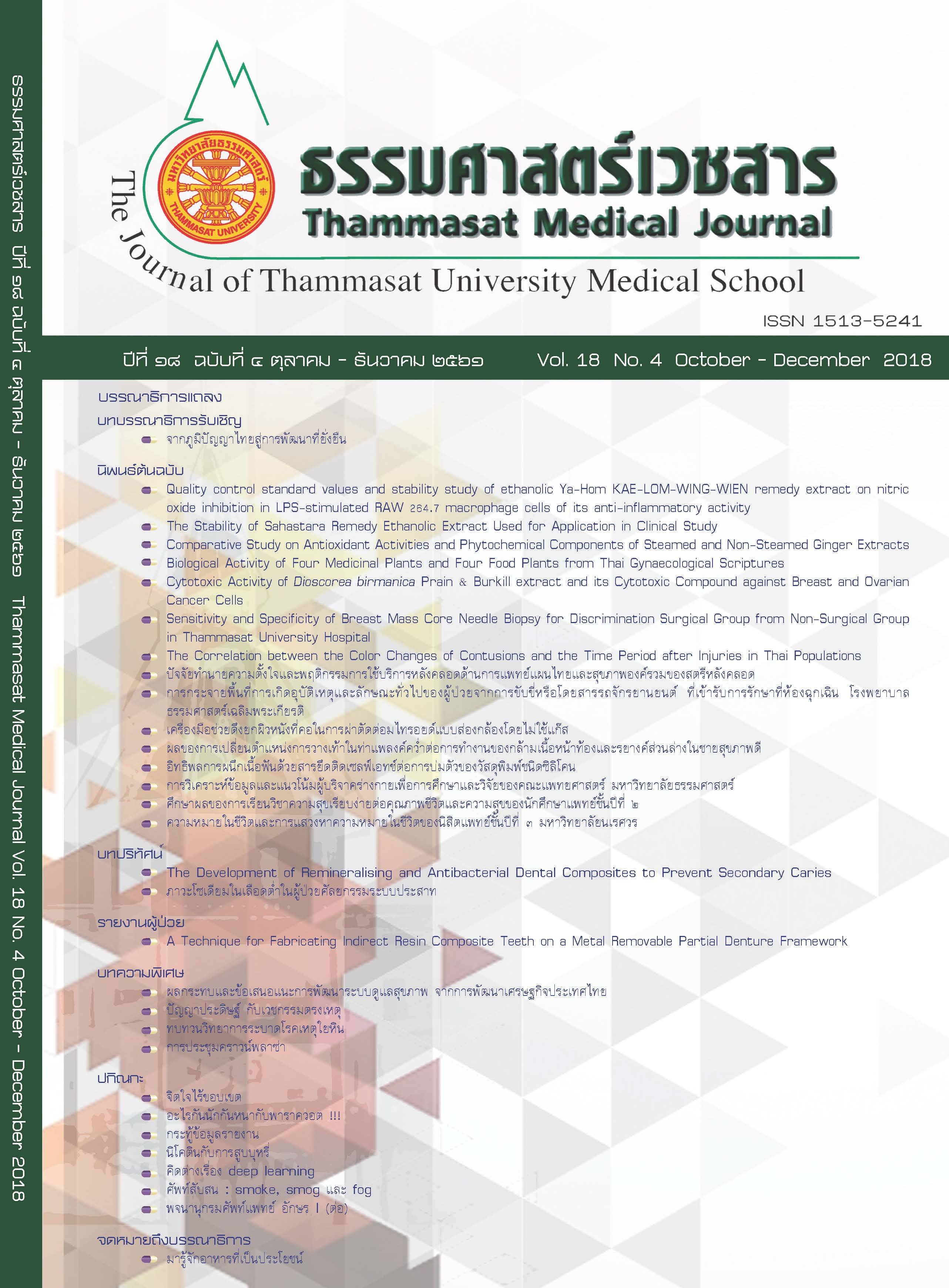Impact and suggestions for health care system development in response to Thailand economic development
Keywords:
impact, health, economic developmentAbstract
Thailand has implemented National Economic and Social Development Plans since 1961 consecutively for more than 50 years. On the positive side, economic growth is obvious. However, Thailand is still in middle income trap and the inequality is widened. Currently, Thailand is in 12th Plan which is based on the philosophy of sufficiency economy of His Majesty King Bhumibol Adulyadej and the United Nations Sustainable Development Goals, and driven by Thailand 4.0, linked to The 20-year National Strategy and The 20-year National Reform Plan. On the negative side, economic development has negatively affected the environment. This consequently affects the health of Thai people, both directly and indirectly.
In the past, Thailand had the Eastern Seaboard Project, which made the economy grow more clearly than other projects. In order to gain high economic growth again, the government has set up a special economic zone in the east called Eastern Economic Corridor (EEC). The EEC Act comes into effect to facilitate the management and operations in EEC. In addition to the Constitution of the year 2017, The National Environmental Quality Promotion Act (No. 2), 2018, and the State Treasury Finance Act of 2018, will come into force this year. Health workers and those responsible should comprehend these laws and find ways to benefit the health system.
The government emphasizes 4 important and urgent policies: reduce poverty, reduce inequality, reduce corruptions, and increase citizen engagement. Various sectors, especially health personnel, should understand these information and changes and prepare to deal with and prevent environmental and occupational health problems resulting from economic development.



